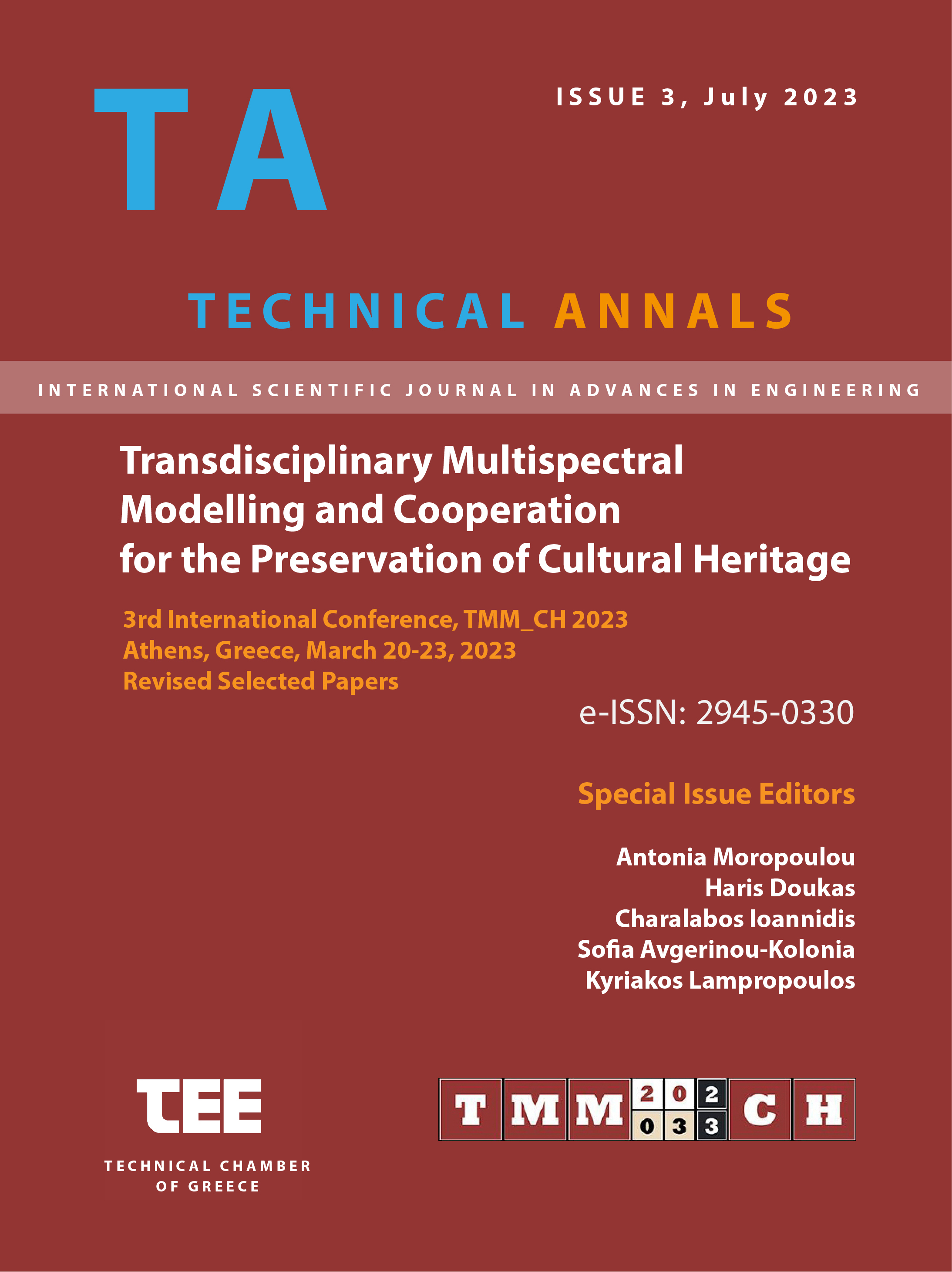Redefinition of Rural Spaces: A Methodological Tool

Abstract
The desolation of rural areas and historic settlements is a particularly intense phenomenon in recent decades. Gradually, the tradition and history of these places are being worn away leading to the alteration of their identity. The economy is monopolized by the service and tourism sectors and quite often, this converts them into a seasonal touristic product.
The "redefinition" of the rural space is a necessary condition in order to formulate a sustainable strategic plan which will respond to contemporary needs and at the same time, respect the uniqueness of the place and preserve its cultural identity.
This paper attempts to highlight a methodological tool for the planning of the rural areas, in terms of protecting and promoting them, on the occasion of the research carried out in the context of a diploma project for the broader region of Fodele village, in northern Heraklion (Crete).
A key element for the research is the utilization of endogenous resources and their correlation with extraneous trends. Using this tool, conceptual networks of different resource types are created. By projecting these networks onto the space, and taking into consideration geospatial criteria (proximity, topography, type of resource), spatial units of particular identity are being formed. Resources- networks of social type and stakeholders co-act to implement a strategic plan for the revitalization and promotion of the spatial units (anthropogenic and physical environment).
The procedure relates to a system of successive space readings and interpretative mapping at multiple scales. The conclusions derived from each stage lead to the next. Ultimately, this interdisciplinary process forms the essential background and design principles, for the articulation of a comprehensive strategic plan, aiming at the revitalization of the rural space and its sustainable development/enhancement (cultural, heritage, economic, environmental, etc.) in contemporary terms.
Article Details
- How to Cite
-
Kanaraki, E., Konstantopoulou, A., Ntogou, E., Klabatsea, R., & Konstantinidou, E. (2023). Redefinition of Rural Spaces: A Methodological Tool. Technical Annals, 1(3). https://doi.org/10.12681/ta.34775
- Section
- Spatial Planning

This work is licensed under a Creative Commons Attribution-NonCommercial-ShareAlike 4.0 International License.


